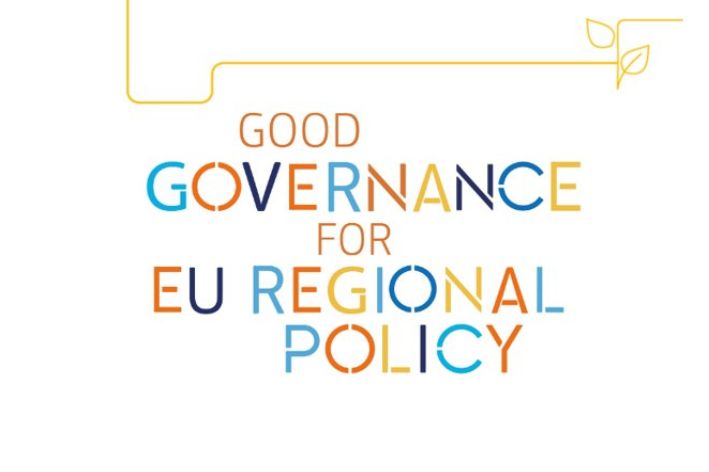The project Innovative Implementation of the Partnership Principle in EU Cohesion Policy is a collaboration between the European Commission (DG REGIO), the OECD’s Innovative Citizen Participation Group, managing authorities, beneficiaries, and civil society organisations. It supports 11 pilot initiatives across seven countries—some completed in 2024, others concluding in 2025. The Commission highlights two cases showcasing meaningful citizen and community involvement in cohesion-funded projects.
Case Study 1: Italy – Civil monitoring in Lazio
In Italy’s Lazio region, the ERDF Managing Authority partnered with ANCI Lazio and Monithon Europe to involve civil society in monitoring ERDF-funded projects in Latina, Viterbo, Frosinone, and Rieti.
The aim was to boost accountability during implementation by producing civil monitoring reports. This citizen-led evaluation process encouraged collaboration between public authorities and civil society.
The OECD supported coordination, communications, and provided advice. Monithon Europe’s methodology included:
- Learning sessions and a one-day webinar (attended by 23 people from 15 civil society groups)
- Project selection and data gathering
- Fieldwork and report writing
Seventeen high-quality monitoring reports were produced and will be published with practical guidance on Monithon’s methods.
Public forums were held in each municipality, culminating in a final event in Rome attended by the OECD and DG REGIO. The event explored how civil monitoring can be integrated into future regional development strategies.
Key lessons learned
- Local coordination is vital, even with strong regional support.
- Political and administrative backing is crucial.
- Civic involvement must align with policy timelines.
- With the right tools, citizens are ready to engage.
- The approach is scalable and replicable across Europe.
Case Study 2: Poland – Citizen-led transport planning in Silesia
In Poland’s Zagłębie region (eastern Silesia), local authorities and the FADO social cooperative launched a participatory initiative to make public transport more inclusive.
This multi-stage process involved:
- Online Survey – 421 responses on mobility habits and accessibility.
- “Research Walks” – 12 guided urban walks with residents and experts.
- Expert Workshops – Analysis and validation of collected data.
- Citizens’ Forum – Three deliberative sessions with randomly selected residents. Key proposals included:
- Faster, safer, more reliable transport
- Real-time mobility data
- “15-minute city” concepts
Recommendations were presented to local mayors and stakeholders, with formal follow-up from transport operators.
Key lessons learned
- Combining surveys, fieldwork, expert input, and deliberation creates inclusive, effective policymaking.
Though Lazio and Zagłębie are outside EU macro-regional strategies, these pilot projects offer practical models for citizen involvement in place-based policy. Tools like civil monitoring, collaborative forums, and participatory walks are adaptable across contexts and align with EU principles for regional and cross-border development.
